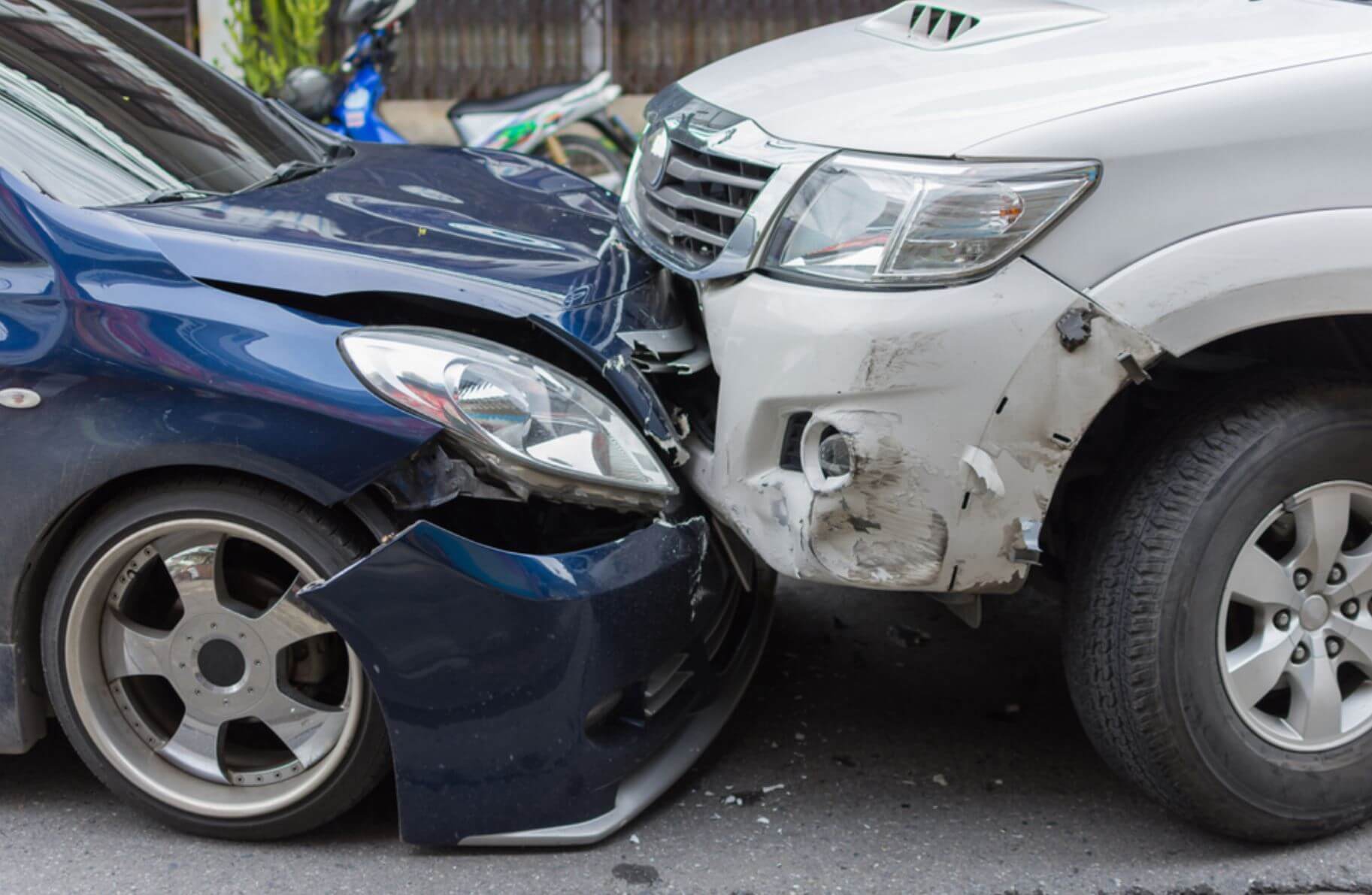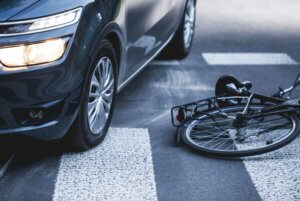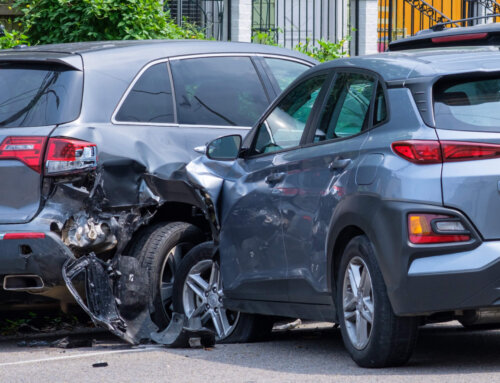Not all personal injury claims are straightforward in terms of working out who was at fault for the accident. Sometimes it could be a case of ‘six of one and half a dozen of the other’, or in slightly more legal terms, a case of ‘split liability’.
Split liability in personal injury claims means that both parties were partially responsible for the accident. Settling a case on a split liability basis doesn’t automatically mean that if you claim against someone for personal injury, you will receive 50% of what you claim as compensation.
Some claims do settle on a 50/50 basis.
An obvious example that comes to mind is when two motor vehicles collide head-on coming around a bend on a narrow road.
How will liability be split in my case?
Split liability cases get split 50:50 when both parties to the accident are equally responsible.
Depending on the facts of the case, liability could be split:
75:25 in favour of the person making the claim (the Claimant)
25:75 in favour of the person defending the claim (the Defendant)
80:20 in favour of the Claimant
20:80 in favour of the Defendant
However, in reality, the courts can and do split liability as they deem appropriate in the circumstances.
Is Contributory Negligence the same as Split Liability
When cases are decided in favour of the Claimant but on split liability bases of 75:25, 80:20 or 85:15, we tend to refer to this as a case where contributory negligence applies. These are cases where Defendant bears primary responsibility, but the Claimant has partly contributed to the injuries they suffer in the accident.
If a motorcyclist gets knocked off their bike by a car that pulls out of a side road into the motorcyclist’s path, the car driver is 100% responsible for the accident. However, if the biker was not wearing a motorcycle helmet and suffers head injuries as a result of the accident, their claim for personal injury compensation may be reduced by 10/15%.
Consider the situation where a passenger gets into a car and allows themself to be driven by a driver they know to be intoxicated. What’s the position if the driver’s negligence causes a road traffic accident? If the passenger suffers injury in the accident, can they still expect to be successful if they bring a personal injury claim against the driver?
They are likely to recover compensation from the car insurance company of the driver, but it will be of a reduced amount, with a reduction of about 20%, to take into account the passenger’s contributory negligence of getting into the car knowing the driver was drunk. (For further reading, see ‘Can an injured Passenger Claim Against a Drunk Driver’)
Is settling a claim on a 50/50 basis the same as ‘Knock for Knock’
There is no such thing as ‘Knock for Knock’ with personal injury claims. ‘Knock for Knock’ is an agreement between insurance companies to each pay for their own insured’s vehicle damage, without reference to who was to blame for the accident that caused the damage.
If you are injured in an accident where the insurance companies apply knock for knock, you can still claim a personal injury against the other party. Your claim will be for ‘uninsured losses,’ i.e., the injuries and losses that your insurance company doesn’t cover.
Who will decide on what basis my split liability claim should be apportioned?
You might think that if you make a personal injury claim in a case where you were partially to blame, your case has to go to court to determine how liability should be apportioned. After all, who else other than a judge at court could decide that?
Thankfully, most cases of split liability are settled out of court by negotiation between the respective personal injury solicitors. Whatever the circumstances of your accident, it’s almost certain the circumstances are very similar to many that have happened before.
Solicitors follow something called precedent when negotiating the settlement of a claim. The court may have well decided on other cases just like yours before. In fact, they almost certainly will have.
Therefore, both your solicitor and your opponent’s will benefit from precedent to help them agree on the liability split.
Will I still get my legal costs back if my case is decided on a split liability basis?
If you are the Claimant in a personal injury case that settles on a split liability basis, you will still recover legal costs. Legal costs get awarded on the value of your claim, not the fact it was settled on a 50/50 basis.
It’s worth asking a firm of experienced personal injury solicitors, like Mooneerams, to handle your claim on a No Win No Fee basis, then you are covered for costs in the event of your claim not succeeding. If you have the benefit of a No Win No Fee agreement, should you NOT win your case, you’ll have no legal fees to pay anyone.
Split liability negligence claims aren’t necessarily more complex than any other type of road traffic accident, accident at work or public liability claim, but it very much depends on the particular circumstance of the accident.
That’s why you should speak with a solicitor from a niche personal injury firm like Mooneerams to receive a free initial consultation. They will put you at ease, listen and then give you straightforward advice on how they think liability may be split in your case. If you like what you hear, Mooneerams will be happy to take on your claim on a No Win No Fee basis.
Call Mooneerams now on 029 2048 3615 and speak to one of our legal experts, or you can contact us online.










